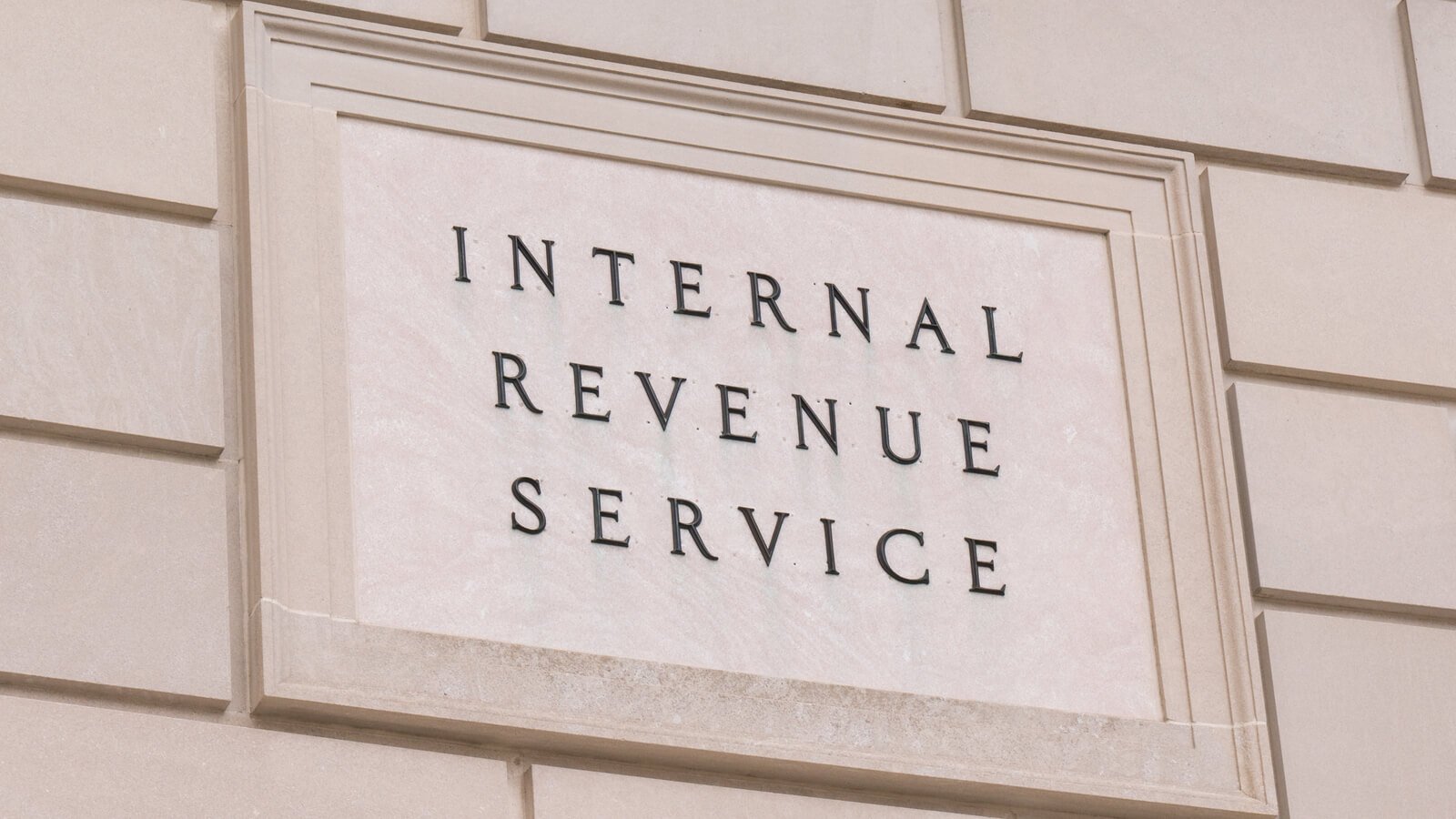The answer will probably not surprise you.
If you deal with significant amounts of cash on a regular basis, you might be wondering what, if anything, you are required to say to the IRS. The answer is simple: the same thing you would do if it wasn’t cash.
Contents |
| Is it legal to get paid in cash? |
| Will the IRS really find out? |
| How do I keep track of cash income? |
The basics
- Sometimes you get paid in cash under the table
- You still have to track that money and pay taxes on it
- You should be getting a W-2 or 1099-NEC, even if you’re paid in cash
- If not, track it yourself and file it using Schedule C
Is it legal to get paid in cash?
In the modern economy, credit cards, payment apps, and digital transactions are convenient, not mandatory. It remains perfectly acceptable to use cash. There is, however, some room to get yourself into trouble.
Cash payments are not automatically recorded in the same way that digital transactions are, but all the same taxes are still due. This means that somebody needs to be keeping records and reporting them to the IRS, especially when it comes to income.
If you receive paychecks in cash, and your employer fails to withhold taxes and report it to the IRS, that is illegal. The kind of illegal that can actually send people to jail. The IRS wants their money, and they will do what it takes to get it.
Consequences of working under the table
Despite the IRS’s best efforts, many people are paid in cash without proper legal documentation. When this is done intentionally, it is known as being paid “under the table.”
It is also known as tax evasion.
First and foremost, it is the employer’s responsibility to pay their staff in a legal, above-board manner, and they will take the brunt of the consequences should the IRS find out about any shenanigans. But an employee can still be charged as an accessory if they’re a willful participant in the scheme, and even just going along with it counts.
Additionally, employees who are paid under the table tend to be vulnerable to other forms of workplace exploitation. An employer who is evading taxes probably isn’t super conscientious about safety equipment, for instance. They also may not actually be paying the full wage that they owe their employees.
Getting paid under the table also means no proof of income, which can make renting an apartment or getting a loan very tricky.
Other forms of cash income
If you’ve got a spare room, you might rent it out for a little extra cash. Well, that is rental income, and you have to report it to the IRS. Even if you’re just renting a spare room to your grandson while he’s home from college for the summer.
In this scenario, you can claim any rental-property-related expenses as a tax deduction, so that should help offset the tax liability.
If you’re selling things online, like on Craigslist, that income is also subject to taxation.
Will the IRS really find out?
A better question is, how confident are you that they won’t?
The IRS performs some complicated statistical analysis to identify red flags, like a business with payroll that’s significantly different from other similar businesses or have fewer listed employees than normal. And if they notice regular cash deposits to a bank account, that can also trigger an audit.
Basically, the IRS may not be guaranteed to find out, but there is a very good chance that they will. Remember, these are the folks who caught Al Capone. At the end of the day, the smart thing to do is just pay your taxes and keep the IRS off your back.
How do I keep track of cash income?
Now that we’ve established what a very very good idea it is for you to adhere to all of the IRS’s reporting requirements, let’s take a look at how to do that when you’re using cash.
First, ask your employer for a pay stub. If they’re paying you in cash, they might not have one for you, but it doesn’t hurt to ask.
In the very likely event that no pay stub is available, sorry, you have to keep track of your wages yourself. There is very user-friendly bookkeeping software out there that can make the process as painless as possible, and you can even use it to generate your own pay stubs.
Your employer is legally required to provide you with W-2s (if you are an official employee) or a 1099 (if you are an independent contractor) so that you can pay your taxes. If they are not able to do so when asked, that’s a pretty big red flag.
The solution here is to just record and report your cash income to the IRS yourself, generally using Schedule C on your Form 1040 (individual tax return). That way, you have done your part, and you should be protected when the IRS comes knocking.
Bottom line
Cash income, like basically all other forms of income, is subject to taxation. No surprises here. Somebody needs to be reporting that income to the IRS, and if nobody is doing it, at least one person is committing a crime. So if you’re paid in cash, and your employer is not keeping adequate records, you really should just do it yourself.
Luckily, there are many strategies for saving on your tax bill that are perfectly legal in the eyes of the IRS. Schedule a call with DiMercurio Advisors and we can help you out with a few.








